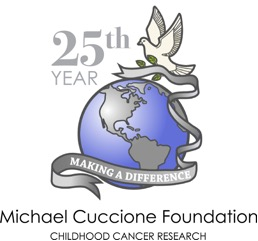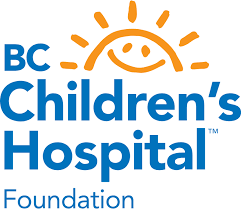Investigators
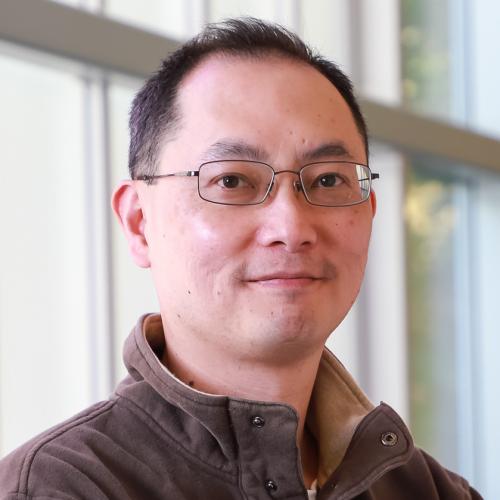
Dr. James Lim
Associate Director and Investigator, Michael Cuccione Childhood Cancer Research Program, BC Children's Hospital
Associate Professor, Department of Pediatrics, Faculty of Medicine, University of British Columbia
Dr. Lim and his research team are studying the interactions between leukemic cells and the bone marrow micro-environment, providing insight into how these interactions can alter the response of tumour cells to treatments such as chemotherapy. It is increasingly recognized that the tumour micro-environment is an important therapeutic target, specifically in the quest to minimize chances of relapse due to minimal residual disease (MRD).
For a list of Dr. Lim's publications, click here.
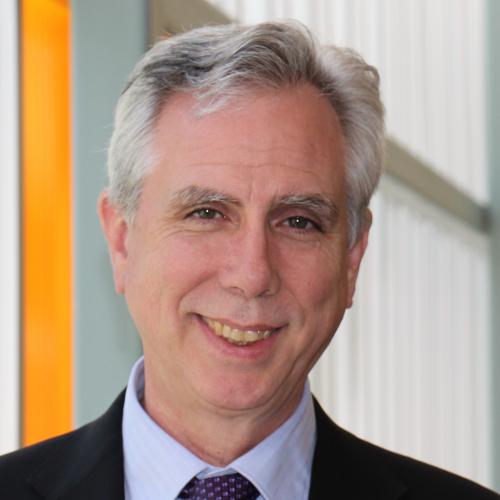
Dr. Kirk Schultz
Research Program Manager, Michael Cuccione Childhood Cancer Research Program; Lead Investigator, Childhood Cancer & Blood Research Group, BC Children's Hospital
Professor, Division of Hematology and Oncology, Department of Pediatrics, Faculty of Medicine, University of British Columbia
Dr. Schultz's research group focuses on controlling the immune forces unleashed by blood and marrow transplantation (BMT) to improve immune therapy for childhood leukemia. The goal of this work is to improve the ability to provide safe tissue transplants. As well, the team is focused on developing approaches to extend the ability to use blood-derived stem cells to regenerate damaged tissues and establish a healthy immune environment.
For a list of Dr. Schultz's publications, click here.
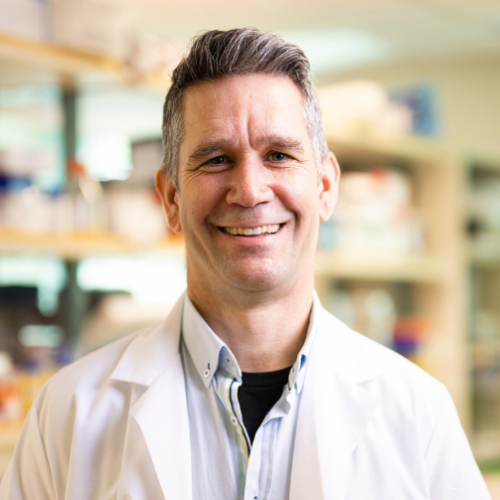
Dr. Christopher Maxwell
Investigator, Michael Cuccione Childhood Cancer Research Program, BC Children's Hospital
Lead, Childhood Cancer and Blood Research group
Associate Professor, Department of Pediatrics, Faculty of Medicine, University of British Columbia
Dr. Maxwell's research team studies how brain stem cells respond to cues that encourage their growth and what goes awry when their division occurs without a key protein. By understanding how brain stem cells grow, Dr. Maxwell's team hopes to discover how the process goes amiss and how to maintain healthy brain stem cells during cancer treatment.
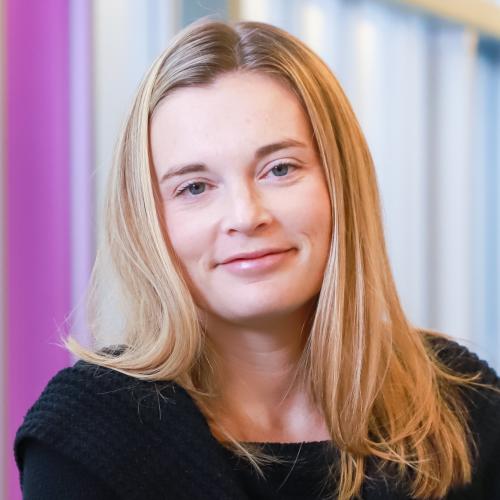
Dr. Rebecca Deyell
Investigator, Michael Cuccione Childhood Cancer Research Program, BC Children's Hospital
Clinical Associate Professor, Department of Pediatrics, Faculty of Medicine, University of British Columbia
Dr. Deyell is interested in developing early phase clinical trials in pediatric oncology to expedite the transition of new targeted drug therapies from the lab to the patient. She focuses on finding individualized approaches to targeted therapies for patients with incurable cancer.
For a list of Dr. Deyell's publications, click here.
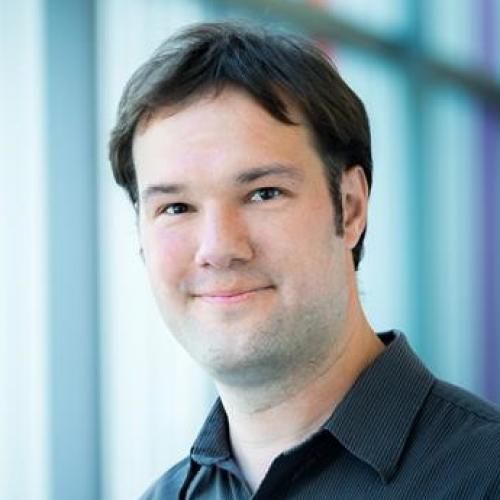
Dr. Philipp Lange
Investigator, Michael Cuccione Childhood Cancer Research Program, BC Children's Hospital
Associate Professor, Department of Pathology and Laboratory Medicine, Faculty of Medicine, University of British Columbia
Dr. Lange's research focuses on proteins, the structural and functional building blocks of a cell. He combines proteomics and bioinformatics to monitor abnormal proteins in the body and detect how they are changed in cancer. His team is particularly interested in how the post-translational modification of proteins — the changes that occur to a protein as it becomes "mature" — affects cancer progression and secondary disease.
For a list of Dr. Lange's publications, click here.

Dr. Amanda Li
Investigator, Michael Cuccione Childhood Cancer Research Program, and Physician, BC Children's Hospital
Clinical Assistant Professor, Department of Pediatrics, Faculty of Medicine, University of British Columbia
Dr. Amanda Li graduated from Dalhousie University medical school in 2010, and completed her pediatrics residency and pediatric hematology-oncology fellowship at the University of British Columbia. Following this, she trained at the Children's Hospital of Philadelphia in the field of cancer immunotherapy and bone marrow transplant, with a clinical and research focus on using genetically engineered cell therapies in the treatment of hematologic malignancies.
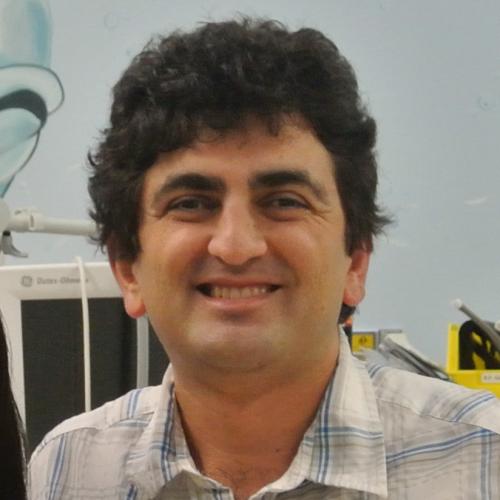
Dr. Rod Rassekh
Investigator, Michael Cuccione Childhood Cancer Research Program, BC Children's Hospital
Clinical Assistant Professor, Department of Pediatrics, Faculty of Medicine, University of British Columbia
The focus of Dr. Rassekh's research is to examine the long-term outcomes of children who received chemotherapy to treat cancer and understand the genetic reasons some children experience harmful side effects while others fare much better. Dr. Rassekh's research team is working to find out how these side effects can be reduced through protective strategies or more targeted therapies.
For a list of Dr. Rassekh's publications, click here.
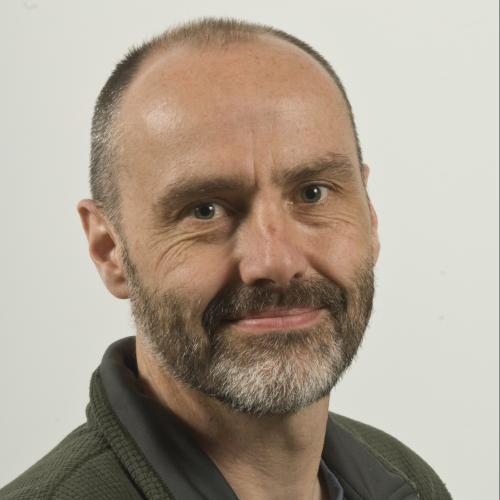
Dr. Gregor Reid
Investigator, Michael Cuccione Childhood Cancer Research Program, BC Children's Hospital
Associate Professor, Department of Pediatrics, Faculty of Medicine, University of British Columbia
Dr. Reid explores the relationship between early-life infections and the risk of developing acute lymphoblastic leukemia (ALL), the most common childhood cancer. His team seeks to understand the influence of the immune system as cancer progresses and to use this knowledge to develop approaches to stimulate cancer-fighting immune activity.
For a list of Dr. Reid's publications, click here.
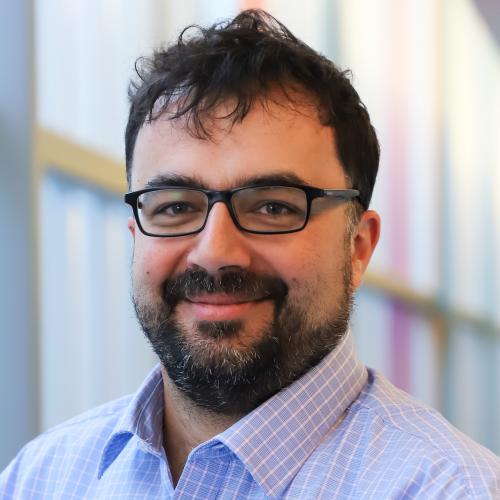
Dr. Jacob Rozmus
Investigator, Michael Cuccione Childhood Cancer Research Program; BMT Director, Hematology & BMT, Pediatric Oncology, BC Children's Hospital
Clinical Assistant Professor, Department of Pediatrics, Faculty of Medicine, University of British Columbia
Dr. Rozmus' research focuses on the diagnosis and treatment of primary immunodeficiencies with bone marrow transplant and complications of bone marrow transplant such as graft-versus-host disease.
For a list of Dr. Rozmus' publications, click here.

Dr. Poul Sorensen
Investigator, Michael Cuccione Childhood Cancer Research Program, BC Children's Hospital
Professor, Department of Pathology, Faculty of Medicine, University of British Columbia
Cellular signal transduction pathways determine whether or not tumour cells divide and proliferate. Studying these pathways is central to understanding tumour cell biology. Dr. Sorensen's research focuses on targeting these pathways as a treatment strategy, while minimizing effects on normal growth. Dr. Sorensen's team investigates how mutations disrupt signal transduction in solid tumours and leukemias, with the goal of identifying new therapeutic targets.
For a list of Dr. Sorensen's publications, click here.
